-
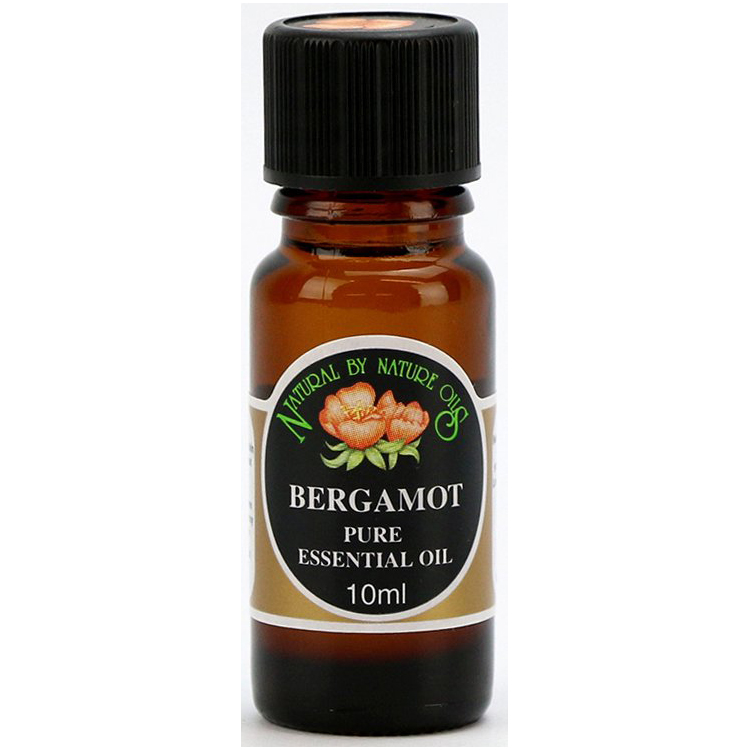
Bergamot Pure Essential Oil (10ml)
£6.91Name: Bergamot, Citrus bergamia Manufacturer: Natural by NatureSize: 10 mlConcentration: 100% concentrated and pureA gentle yet powerfully effective oil - uplifting, balancing, refreshing and calming for the mind, body and spirit... -
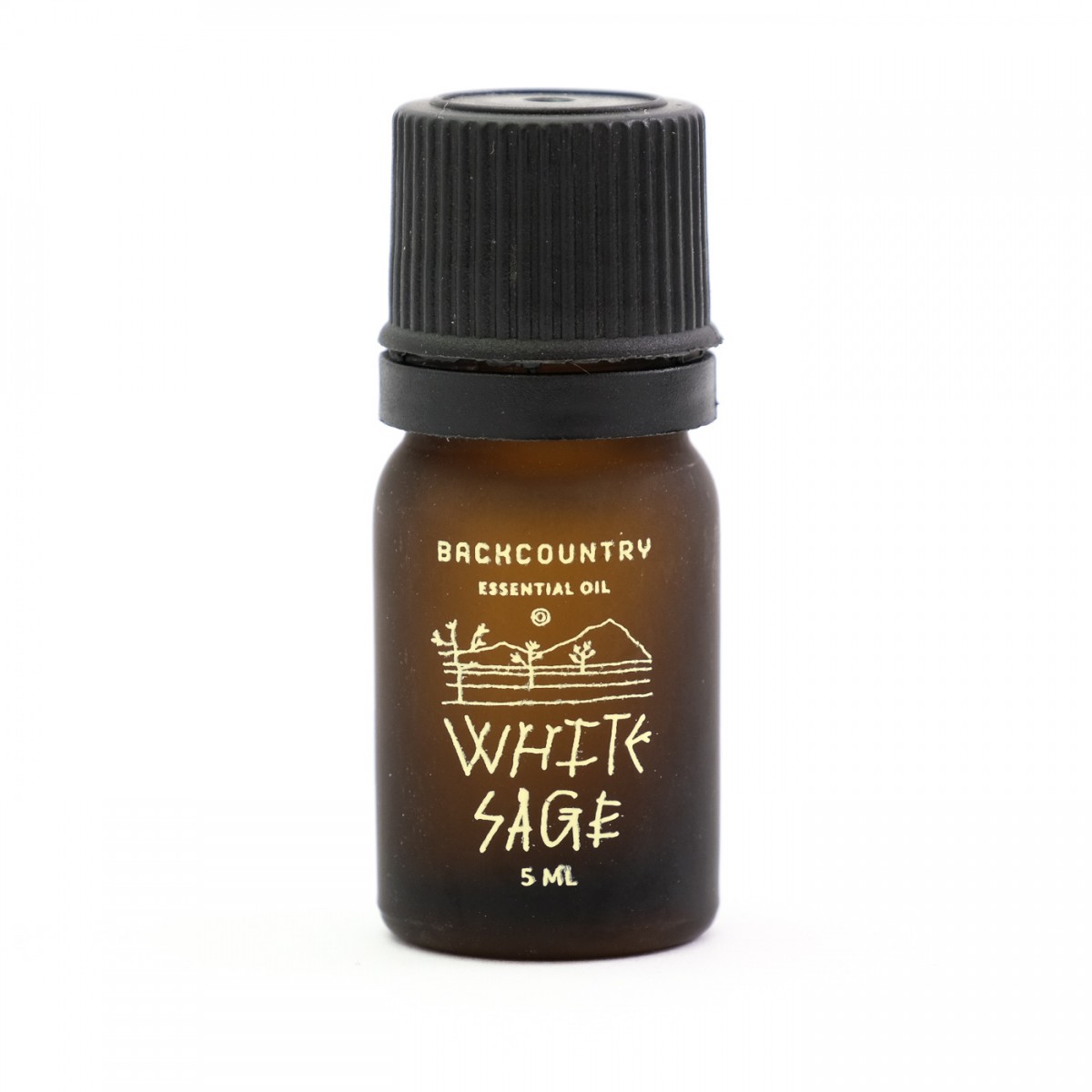
Californian White Sage Essential Oil (USA) - 5 ml
£18.31Californian White Sage Essential Oil (100% Pure Concentrated)From the Juniper Ridge Backcountry RangeThis essential oil comes from wild crafted Californian white sage, fresh from the West coast of America. The sage is collected in a sustainable way,... -
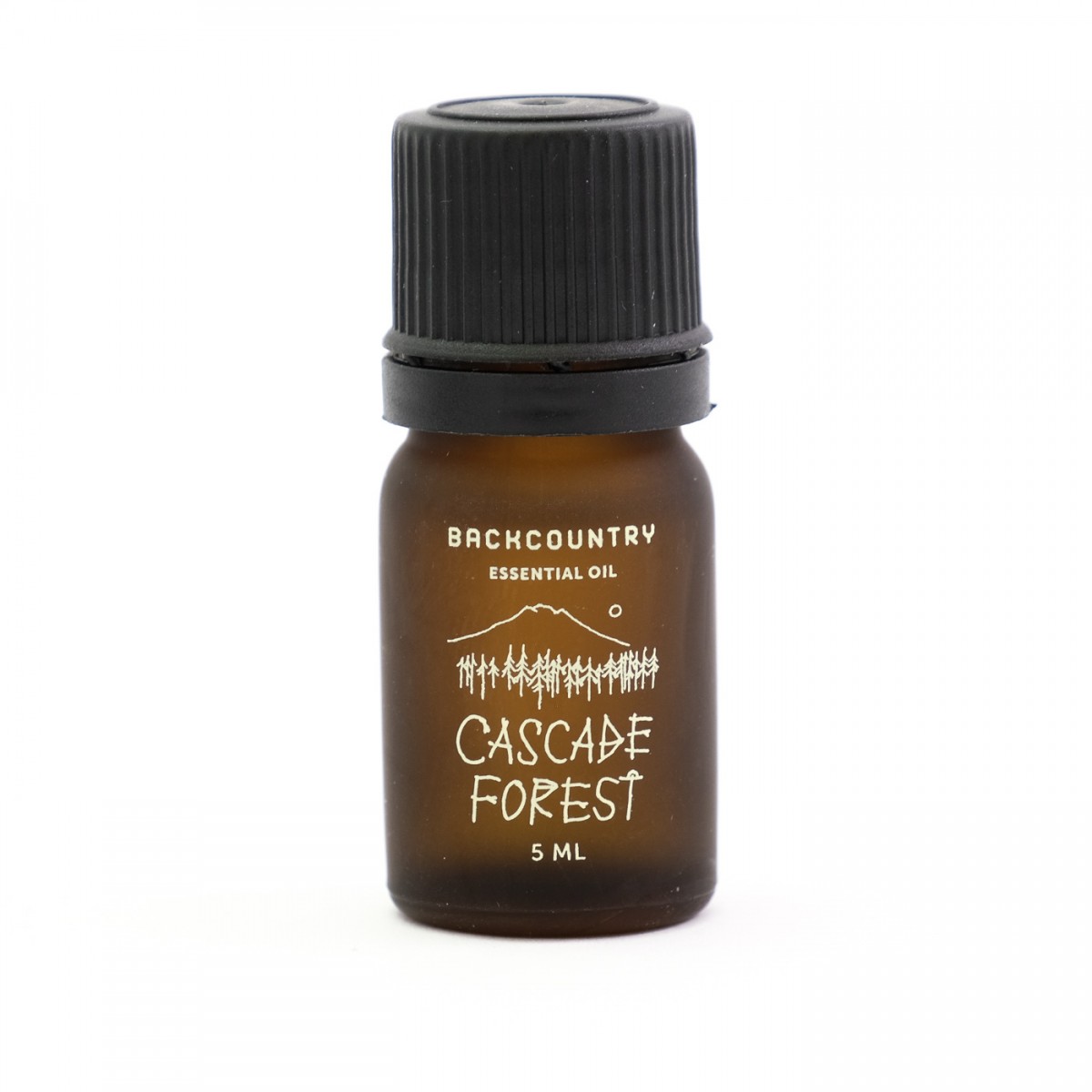
Cascade Forest Essential Oil (USA) 5ml
Was: £14.38Now: £10.78Cascade Forest Essential Oil (100% Wildcrafted)From the Juniper Ridge Backcountry RangeThis essential oil comes from the concentrated spirit of a plant; a combination of Western Mountain Fir and Pine. The plants are collected in a sustainable way,... -

Cedarwood Atlas Pure Essential Oil (10ml)
£4.33Name: Cedarwood, Cedrus atlantica Manufacturer: Natural by NatureSize: 10 mlConcentration: 100% concentrated and pureA provocatively rich, spicy, warming oil. Harmonizing, restorative and spiritual - with a little sensuality... -

Cinnamon Leaf Pure Essential Oil (10ml)
£4.63Name: Cinnamon Leaf, Cinnamomum zeylanicum Manufacturer: Natural by Nature Size: 10 mlConcentration: 100% concentrated and pureEarthy and spicy, this precious oil enlivens the senses while enveloping you in warmth, reviving... -

Citronella Pure Essential Oil (10ml)
£3.91Name: Citronella, Cymbopobon nardusManufacturer: Natural by NatureSize: 10 mlConcentration: 100% concentrated and pureAlluring, surprising, fresh and uplifting, possessing effective, powerful and restorative holistic healing... -
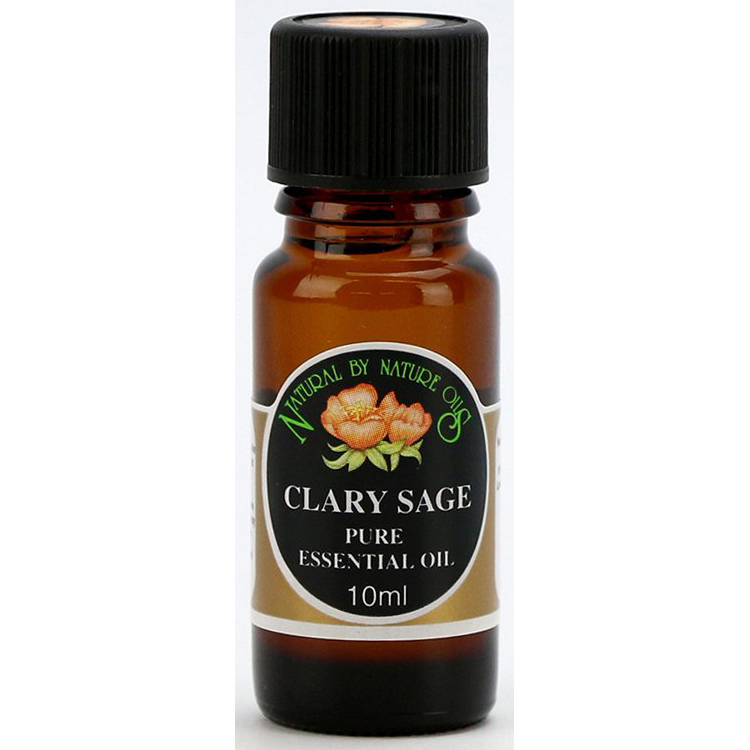
Clary Sage Pure Essential Oil (10ml)
£7.72Name: Clary Sage, Salvia sclareaManufacturer: Natural by NatureSize: 10 mlConcentration: 100% concentrated and pureMysterious, enigmatic and intoxicating, this incomparably precious and exciting oil has unlimited healing... -
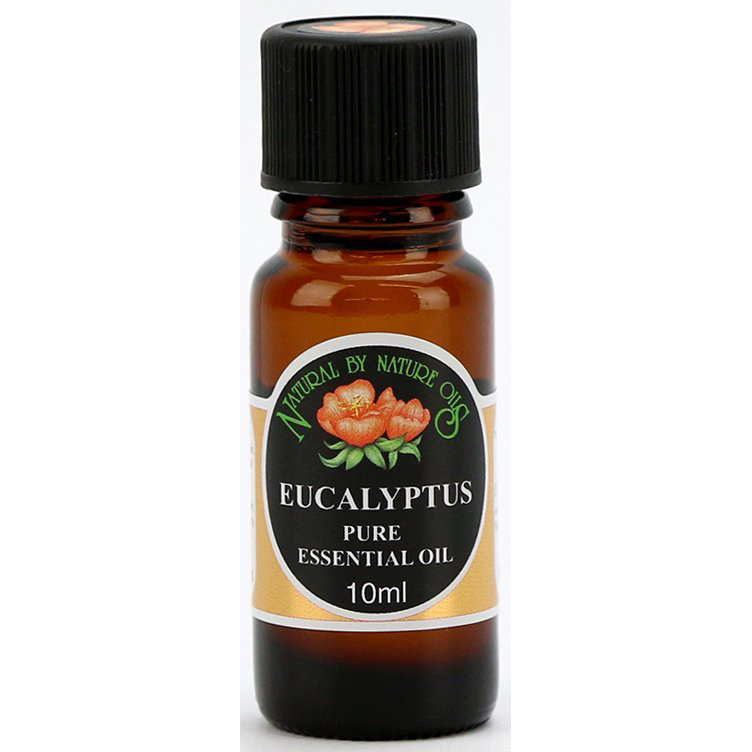
Eucalyptus Pure Essential Oil (10ml)
£3.92Name: Eucalyptus, Eucalyptus globulus/radiate Manufacturer: Natural by NatureSize: 10 mlConcentration: 100% concentrated and pureCools the body in summer, protects and heals in winter, energetically stimulating and... -
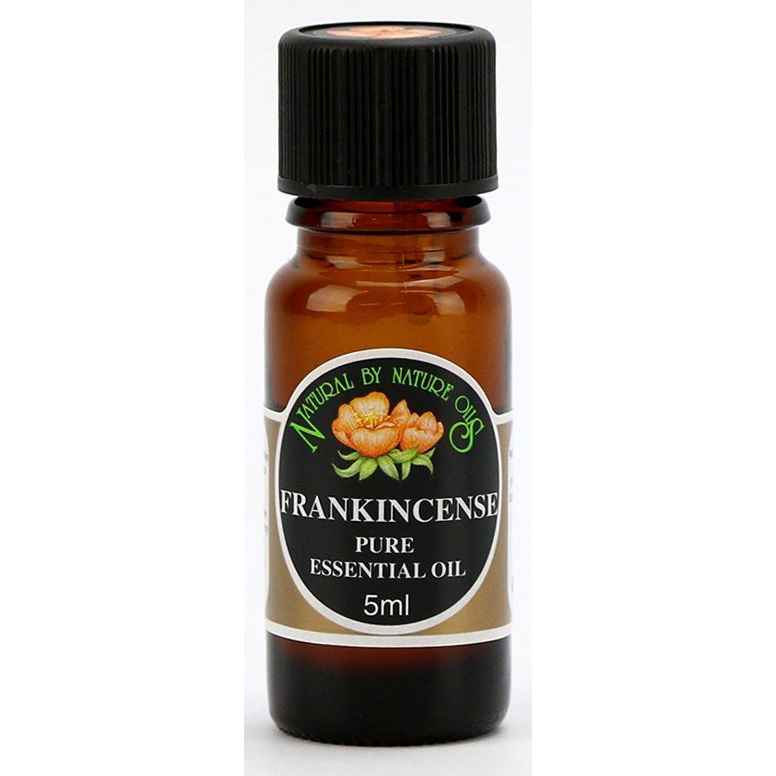
Frankincense Pure Essential Oil (10ml)
£11.38Name: Frankincense, Boswellia canteris/thurifera/sacra/serrateManufacturer: Natural by NatureSize: 10 mlConcentration: 100% concentrated and pureMystic, ancient healing properties, pleasing and comforting to the emotions with a... -
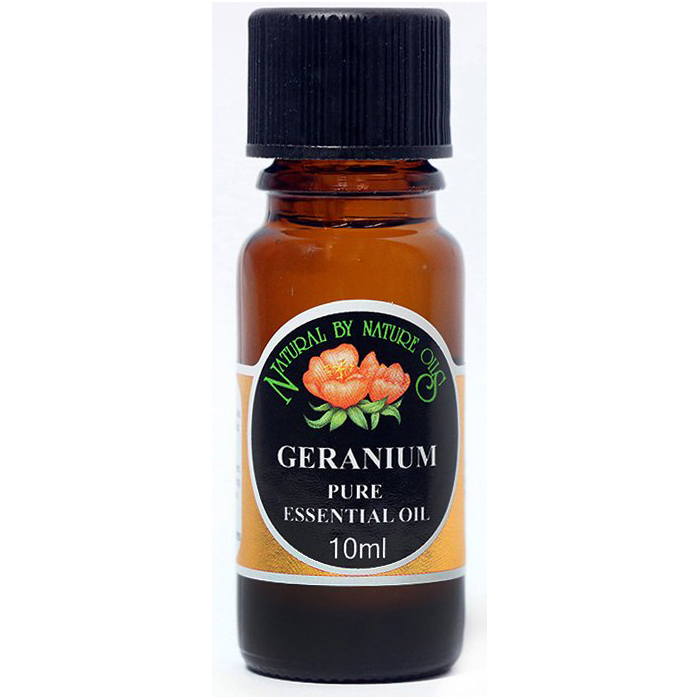
Geranium Pure Essential Oil (10ml)
£6.91Name: Geranium, Pelargonium graveolens/roseum/odorantissimum/capitatumManufacturer: Natural by Nature Size: 10 mlConcentration: 100% concentrated and pureDeliciously sweet-scented yet capable of naturally purifying the body,... -

Jasmine Absolute Pure Essential Oil (2.5ml)
Was: £19.85Now: £16.86Name: Jasmine, Jasminum grandiflorum/officinale/sambacManufacturer: Natural by NatureSize: 2.5 mlLuxurious yet highly effective, this precious oil revitalizes and uplifts bringing optimism, insight, awareness and joyAbout Jasmine... -
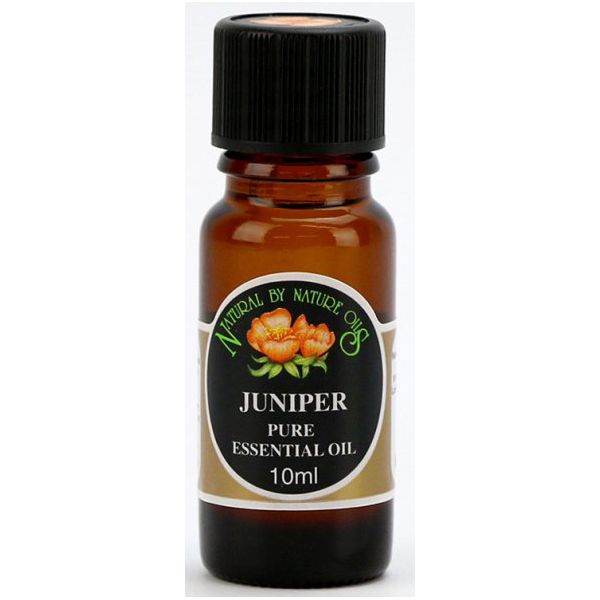
Juniper Pure Essential Oil (10ml)
£6.42Name: Juniper, Juniperus communisManufacturer: Natural by NatureSize: 10 mlConcentration: 100% concentrated and pureStrengthens and replenishes the spirit, clears negative energy, purifies and rejuvenates the whole body and... -

Lavender Organic Pure Essential Oil (10ml)
£6.76Name: Lavender, Lavandula officinalis/angustifoliaManufacturer: Natural by NatureSize: 10 mlConcentration: 100% concentrated and pure We say: This is a pure lavender essential oil that comes from the Mount Ventoux region of... -
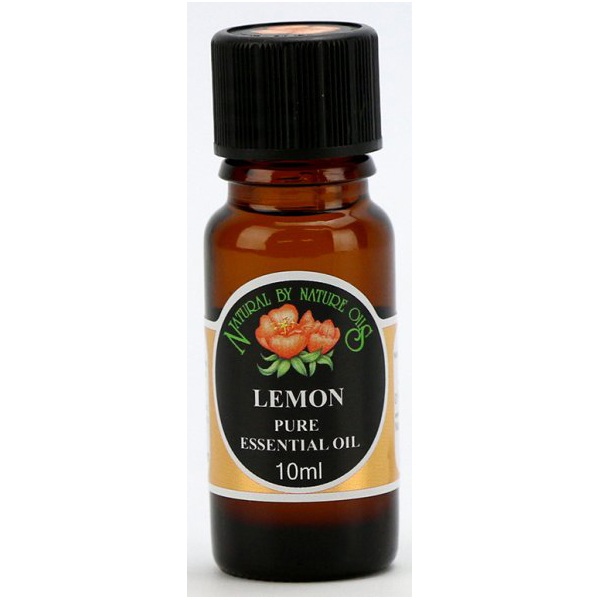
Lemon Pure Essential Oil (10ml)
£4.32Name: Lemon, Citrus limonumManufacturer: Natural by NatureSize: 10 mlConcentration: 100% concentrated and purePurify, refresh and protect your body. Stimulate, cool and clarify your mind. Lift, strengthen and release your free... -
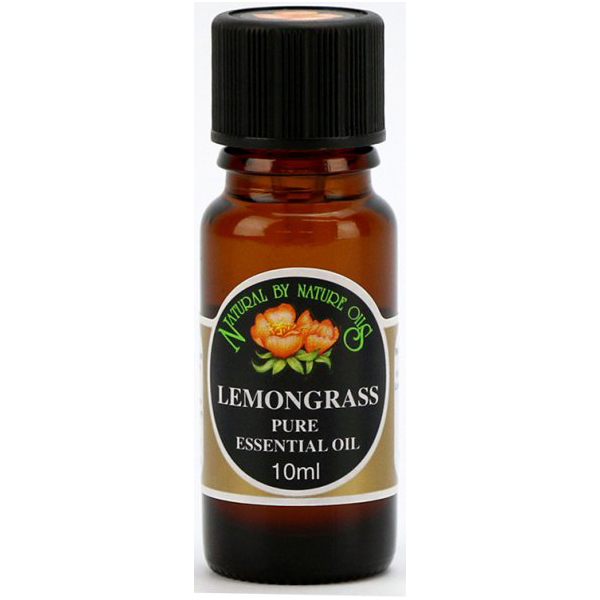
Lemongrass Pure Essential Oil (10ml)
£4.92Name: Lemongrass, Cymbopogon citratus/flexuosusManufacturer: Natural by NatureSize: 10 mlConcentration: 100% concentrated and pureSurprisingly intense radiant energy, which has an uplifting, invigorating and revitalizing effect... -

Neroli Pure Essential Oil (2.5ml)
Was: £19.85Now: £16.86Name: Neroli, Citrus aurantium/vulgaris/bigaradiaManufacturer: Natural by NatureSize: 2.5mlConcentration: 100% concentrated and pureExquisitely scented, deliciously cooling, refreshing and exhilarating. An enlivening and... -
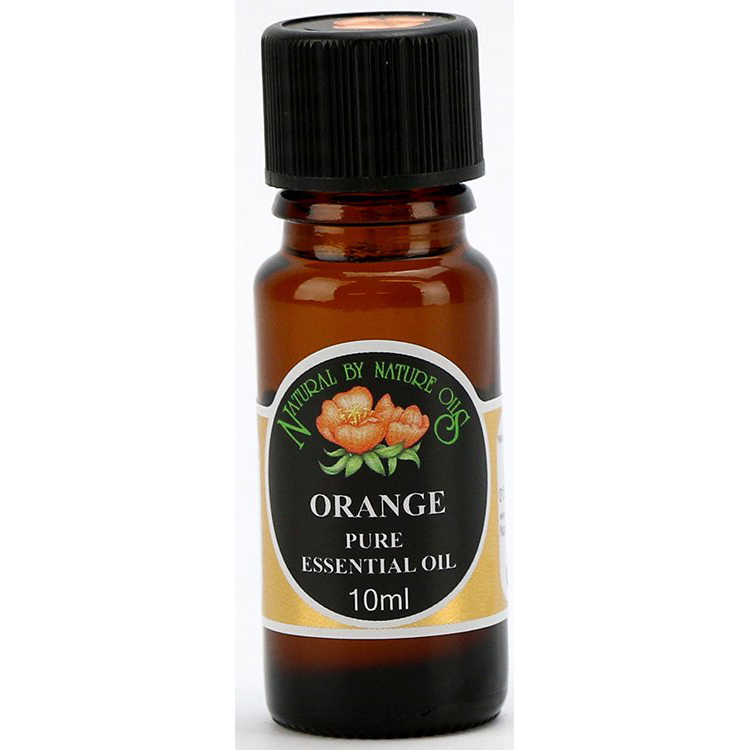
Orange Pure Essential Oil (10ml)
£3.83Name: Orange, Citrus aurantium/vulgarisManufacturer: Natural by NatureSize: 10 mlConcentration: 100% concentrated and pureThe radiant, refreshingly alive, sensuous aroma of sunshine & summer, conveys lightheartedness, warmth... -
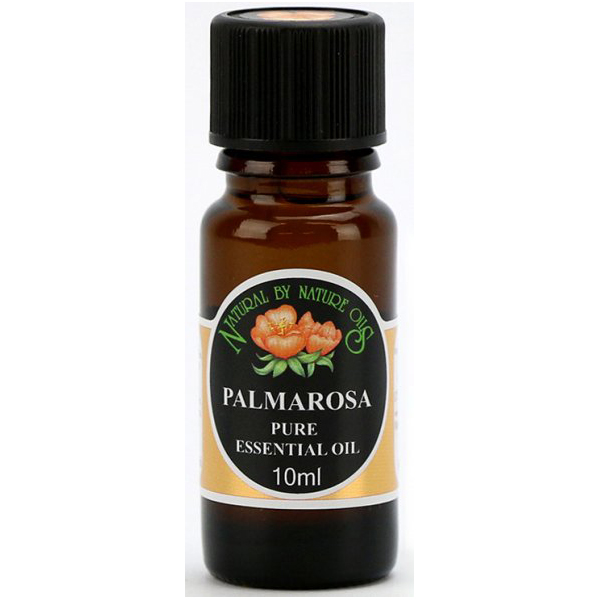
Palmarosa Pure Essential Oil (10ml)
£5.36Name: Palmarosa (Palma Rosa), Cymbopogon martini Manufacturer: Natural by NatureSize: 10 mlConcentration: 100% concentrated and pureAn appealingly sweet-scented treasure. Clarifying, refreshing and uplifting, yet calming,... -

Patchouli Pure Essential Oil (10ml)
£4.63Name: Patchouli (Patchouly), pogostemon cablin/patchouly Manufacturer: Natural by NatureSize: 10 mlConcentration: 100% concentrated and pureMysterious, exotic and oriental. Regenerative, earthy, grounding and balancing -... -
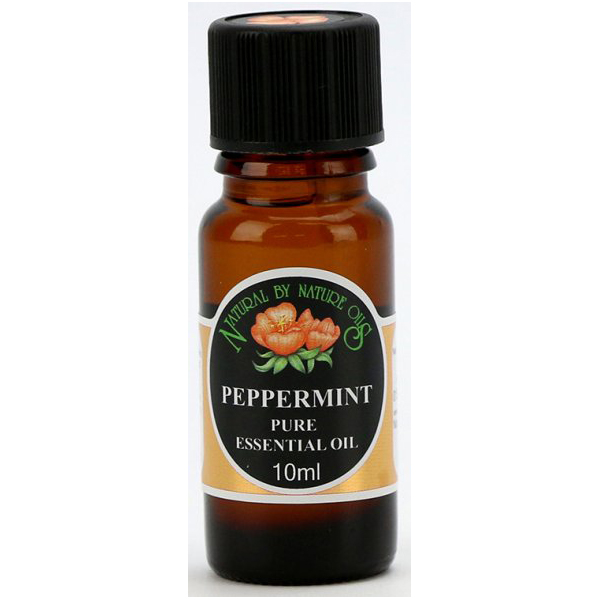
Peppermint Pure Essential Oil (10ml)
£4.63Name: Peppermint, Mentha piperitaManufacturer: Natural by NatureSize: 10 mlConcentration: 100% concentrated and pureCooling when hot, warming when cold. Uniquely refreshing, cleansing and stimulating - reawakens and restores... -

Pine Needle Pure Essential Oil (10ml)
£4.81Name: Pine, Pinus sylvestrisManufacturer: Natural by NatureSize: 10 mlConcentration: 100% concentrated and pureA distinctive scent emanates from majestic trees embraced by the ancients for curative powers & life-enhancing... -

Rose Absolute Pure Essential Oil (2.5ml)
£19.85Name: Rose Absolute, Rosa centifoliaManufacturer: Natural by NatureSize: 2.5 mlConcentration: Because rose essential oil is so costly in its pure form this oil has been diluted to 2.5% in pure cold pressed grapeseed oil (vitis... -

Rosemary Pure Essential Oil (10ml)
£4.63Name: Rosemary, Rosmarinus officinalisManufacturer: Natural by NatureSize: 10 mlConcentration: 100% concentrated and pureFiery, invigorating and reawakening. Helps restore mental clarity, banish negativity and support, heal and... -

Tea Tree Pure Essential Oil (10ml)
£4.32Name: Tea Tree / Ti Tree, Melaleuca alternifoliaManufacturer: Natural by NatureSize: 10 mlConcentration: 100% concentrated and pureAntiseptic, antibacterial, antiviral, and anti-fungal plus refreshing & revitalizing. Natures...
Professional Quality Pure Essential Oils
Here you'll find our range of Natural by Nature’s organic essential oils. We are passionate about quality and only select oils with a soft, refined character that are favoured by professional therapists. We’re passionate about quality and only select oils with a soft, refined character that are favoured by professional therapists. From high alpine lavender to deeply grounding vetiver, every oil has been carefully chosen for its exceptional natural integrity.
Essential oils can be used in many ways — blended with a carrier oil for massage, added to a warm bath, or used in a diffuser or oil burner when diluted with water. Our diffuser oils are crafted from 100% pure essential oils, with no added fillers. These ready-made blends are designed to evoke a particular mood or atmosphere — perfect for filling a room with scent using an oil burner or diffuser. We also stock essential oil storage boxes, which provided a safe, elegant way to storage your essential oils. (Designed for 10ml bottles).
Want to learn more about essential oils and aromatherapy? Explore our helpful articles:
Articles:
Beginner's guide to Essential oils
A Guide to Aromatherapy - What is Aromatherapy?
